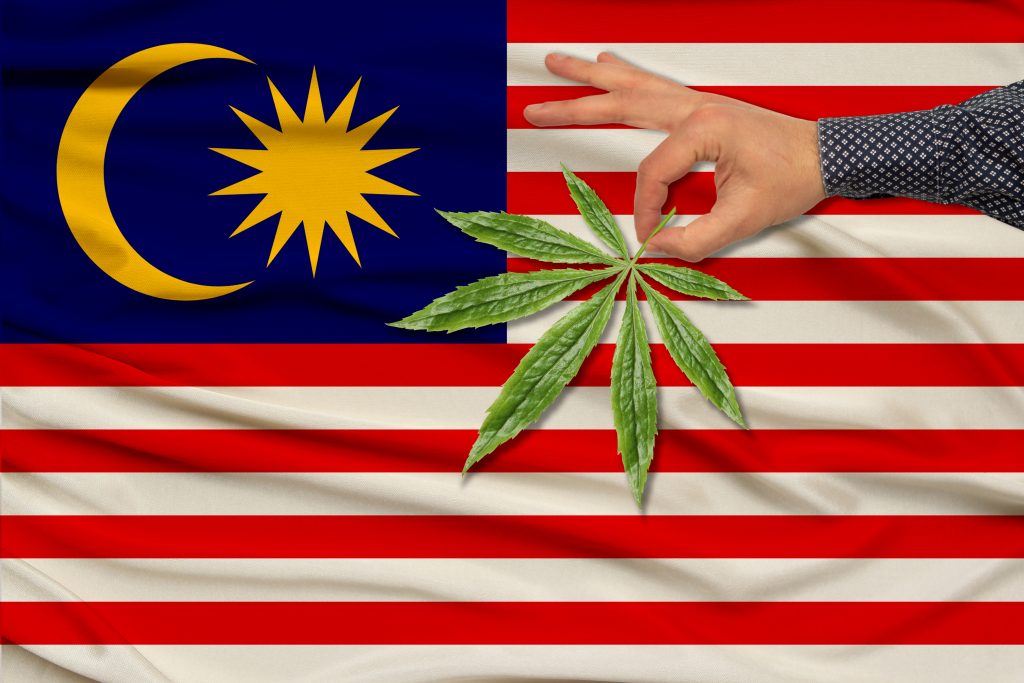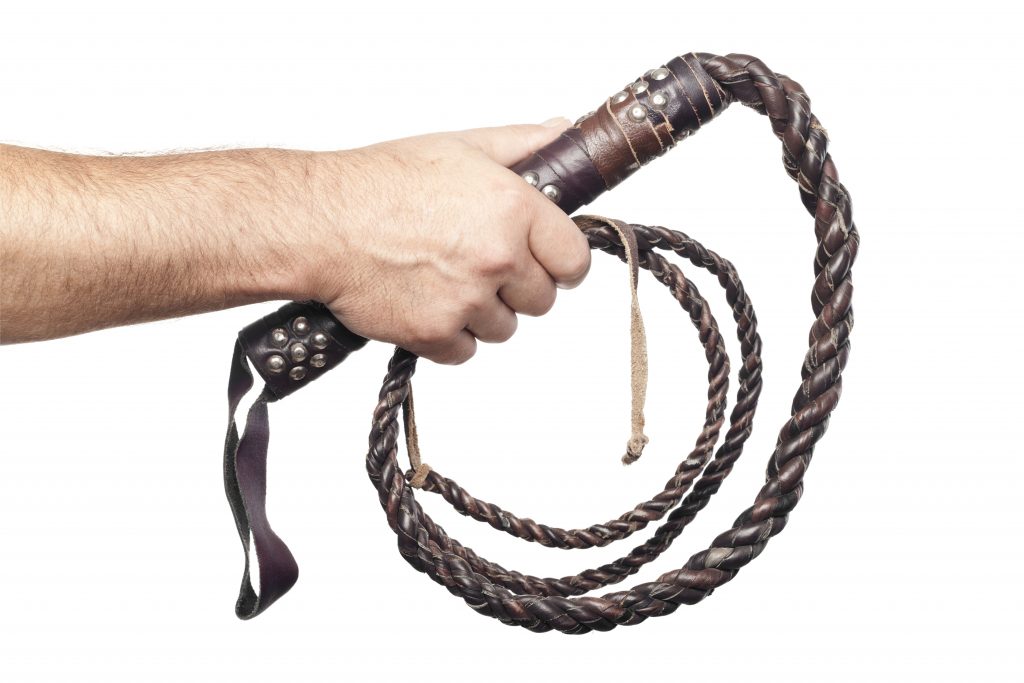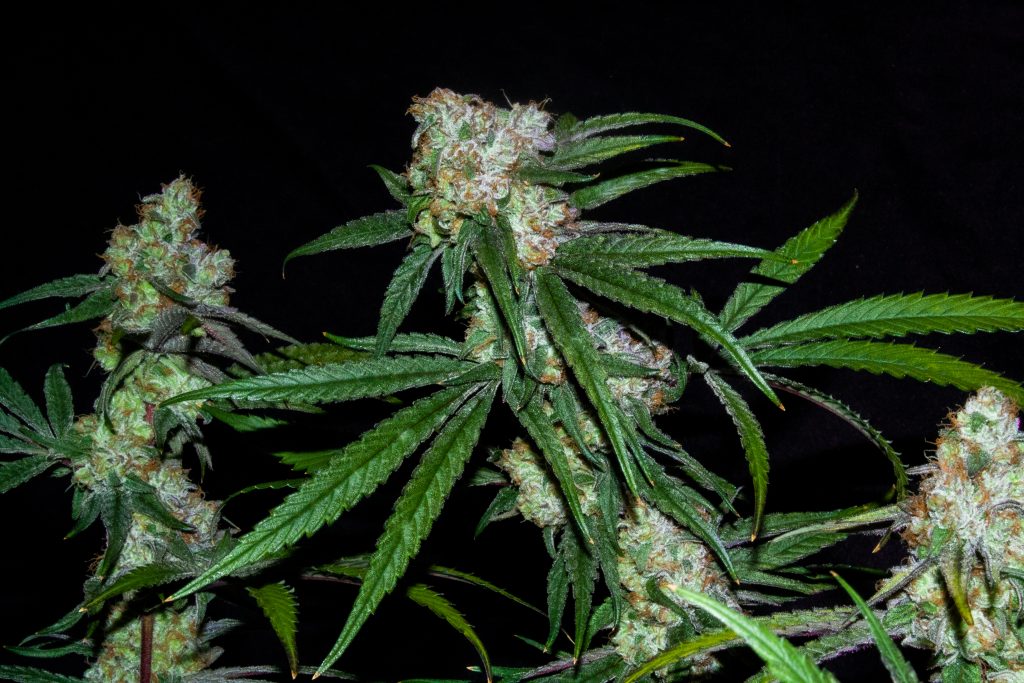It’s become a commonality for countries to have strange and sometimes contradictory laws when it comes to marijuana. Sometimes it’s funny, sometimes it’s interesting, and sometimes it’s just plain weird. Malaysia is a great example. While Malaysia has approved legal medical cannabis, it also still maintains a death penalty for traffickers, setting the limit as low as 200 grams.
Malaysia has some super conflicting drug laws, now allowing legal medical cannabis, but also instituting the death penalty for not-that-big crimes. Perhaps future updates will smooth everything over. We’re on top of all of it, and dedicated to providing the best news possible. Subscribe to THC Weekly Newsletter for the latest stories, as well as exclusive deals on flowers, vapes, edibles, and many more products! Plus, we’ve got great discounts for cannabinoids, like HHC-O, Delta 8, Delta 9 THC, Delta-10 THC, THCO, THCV, THCP & HHC, which you can find in our “Best-of” lists!
Malaysia and cannabis
Malaysia might now allow legal medical cannabis, but it still has some ongoing laws that make it one of the harshest countries on this planet for cannabis crimes. According to current laws, having less than five grams of cannabis can net a person up to five years in prison and a fine of up to RM 20,000 (~$4,777). Being caught with up to 20 grams can mean getting 3-9 lashes. If anyone remembers Michael Fay, and his Singapore escapades back in the 90’s, you know that lashing is nothing to sneer at, and does some pretty intense physical damage.
Having 20-50 grams can incur a prison sentence of 2-5 years as well as 3-9 lashes. If the offender is caught with 50-200 grams, the punishment becomes a prison sentence of no less than five years and up to a life term, as well as at least ten lashes, if not more.
Then it gets even stickier. If a person is caught with 200 grams of cannabis or more, it’s automatically considered trafficking, and trafficking comes with a death sentence. According to the Dangerous Drugs Act of 1952, it’s a mandatory death penalty. How mandatory it actually is, is hard to say, but it’s not an unused law, which means at least sometimes, Malaysia is killing people for simply having 200 grams of weed. While this isn’t a tiny amount, consider that in America, 50 kilograms won’t net more than five years, and as much as 1,000 kilograms will incur a person 10 years to life in prison.

Cultivating is similarly illegal, and offenders can receive life imprisonment and at least six lashes if not more. Buying and selling are also illegal, with life sentences, or the death penalty if the person has the magic number of 200 grams. CBD is illegal, as well as importing cannabis seeds. Simply having seeds can get a person prison time and a hefty fine.
Death penalty for cannabis
Let’s be honest, the death penalty for drugs is a bit extreme. In fact, for many of us, a death penalty for anything is a bit extreme. In Malaysia, not only is it used, but its often used for crimes that are shockingly low key. Like having 200 grams of cannabis, which is just about seven ounces, and less than half a pound. But according to Malaysia’s Dangerous Drugs Act, this automatically constitutes trafficking, and trafficking is automatically met with a death penalty (although its quite possible that in some cases a less extreme punishment might be given).
While some sources say that this policy ended in 2018 upon global criticism of the practice, it seems this was just talk, and nothing was ever legally updated. It also doesn’t reflect recent cases that have involved doling out the death penalty for cannabis crimes.
Like this case from 2018, when a death sentence was handed down to Muhammad Lukman who was selling cannabis oil to patients in need. On August 30th, 2018, Lukman received a death sentence for being found with “3.1 liters of cannabis oil, 279g of compressed cannabis and 1.4kg of substances containing tetrahydrocannabinol.” He got the sentence despite a clear case of providing medical cannabis, even giving it away for free to patients who could not afford it.
In a fantastic turn of events, on February 17th, 2021, a federal court set aside his conviction on two drug trafficking charges. Instead of death, he was sentenced to five years in prison for each crime. These sentences were set to run concurrently from the time of arrest, meaning when this happened, his jail time was considered served. He did receive 10 lashes, but then went free.
That didn’t do anything for later cases. Like this case, from early 2021 in which a 62-year old Malaysian grandfather was arrested for giving out edibles with hemp seed oil, for medical purposes. The man, Amiruddin Nadarajan Abdullah, dubbed ‘Dr. Ganja’, faces the death penalty for this crime. Amiruddin was “charged with 16 counts of trafficking ganja (cannabis) weighing about 77.48kg under Section 39B (1)(A) of the Dangerous Drugs Act, punishable under Section 39B (2) of the same Act, which carries the death penalty upon conviction.” He was also “charged with 18 counts of planting cannabis under Section 6B (1) (a) which carries life imprisonment and at least six strokes of the rotan upon conviction.”

Or this appeal case, in which Muhammad Hafizul Rashid Emmy received the death penalty on September 3rd 2021 for having 299.09 grams of cannabis. This appeal came three years after the initial ruling. Emmy was “charged under Section 38B (1) (a) of the Dangerous Drugs Act 1952″, which is “punishable under Section 39B (2) of the same law, which provides death by hanging or life imprisonment and whipping, upon conviction.”
In a strange turnaround, Malaysia now allows legal medical cannabis
Given that Malaysia sees fit to construct trafficking charges when they don’t even apply, and is cool with hanging offenders, it makes it almost unbelievable that in November, 2021, Health Minister Khairy Jamaluddin made an announcement to parliament that medical cannabis is now legal. This announcement essentially came out of nowhere in terms of having a general discussion.
According to Khairy, this requires no legal update. In fact, the Health Minister says that Malaysia can have legal medical cannabis because the three governing laws: the Dangerous Drugs Act of 1952, the Poisons Act of 1952, and the Sale of Drugs Act of 1952, do not ban use of cannabis for medical purposes. Which is almost funny considering there are people on death row for trafficking, who were using/providing cannabis for medical purposes.
Companies can now introduce cannabis products if there is enough evidence that the product is safe and effective. Applications for such products can be submit to the Drug Control Authority to be evaluated and registered under the Controls of Drugs and Cosmetics Regulations of 1984. Once these steps are taken, the product can be marketed in Malaysia for medical use.
In terms of importing and sale, all products coming in must be evaluated and registered under the Drug Control Authority, and Malaysians who are seeking treatment must obtain a doctor’s prescription, or get one from a licensed pharmacist.
Malaysia’s contradiction of legal medical cannabis and the death sentence
Will this new change in opinion help with these death sentences? Well, it’s possible that it could in the future, but the lack of any legal change, means all the pre-existing laws concerning cannabis, are still in effect. Death penalty and all. In fact, nothing was said by Khairy in regard to ending convictions, or any kind of update to current drug laws. The entirety of this new direction relies on what the laws already say, not on updating them.

Since having over a certain amount is tantamount to trafficking in Malaysia, and since the laws that govern trafficking have not been updated, and since they still not only allow the death sentence, but technically require it, this change in opinion seems to have little to do with how cannabis crimes in general will be handled in the country. Perhaps a further update will be made, but as of right now, it hasn’t been.
Nor has a directive been given to lessen punishments, like Seattle‘s psychedelics decriminalization, which really only functions as a request to law enforcement. Nor a reinterpretation of current laws to redefine the legality of current punishments. So while Malaysia seems like its taking a nice step forward (and in some ways it is), it’s like taking a step while still being chained to a pole.
The role of Thailand
Asia isn’t known for its super forward thinking cannabis laws, but that doesn’t mean change can’t happen at all. And Malaysia’s neighbor Thailand, might have been the impetus for Malaysia to make this *change.
Thailand legalized cannabis for medical use in 2018, with a further update to allow patients, medical practitioners, and traditional medicine healers to cultivate the plant. Now, it’s right on the verge of decriminalizing cannabis, by removing it from the official drugs list. Although there is confusion over what exactly this means, or how it will be carried out, a new draft bill has been promised to help sort it out. As part of it, there is even an expectation for at least some measures of recreational use.
One of the motivating factors for Thailand, is to use the cannabis industry to help improve the economy, with the country even considering medical cannabis tourism as an option. And it’s quite possible that this about-face that Malaysia just did, is the beginning move in creating bigger markets, much like Thailand is doing already. Of course, before much more can happen, Malaysia will really have to restructure its general cannabis laws.
Conclusion
The whole situation is certainly a head-scratcher. Malaysia now sees fit to allow legal medical cannabis, but it doesn’t see fit to stop sentencing death for what amounts to minor cannabis crimes. So while I hope this is just the first step of many in this direction, it certainly creates quite the conundrum right now that the plant is seen as safe enough for medical use, but dangerous enough to incur death for having 200 grams or more.
Welcome readers! You’ve made it to CBDtesters.co, your preeminent web spot for all the most recent and ground-breaking cannabis and psychedelics-related news out there. Stop by whenever possible to stay on-top of the quickly-changing universe of legal drugs and industrial hemp, and subscribe to The THC Weekly Newsletter, so you’re aware of everything important going on.
Disclaimer: Hi, I’m a researcher and writer. I’m not a doctor, lawyer, or businessperson. All information in my articles is sourced and referenced, and all opinions stated are mine. I am not giving anyone advice, and though I am more than happy to discuss topics, should someone have a further question or concern, they should seek guidance from a relevant professional.







